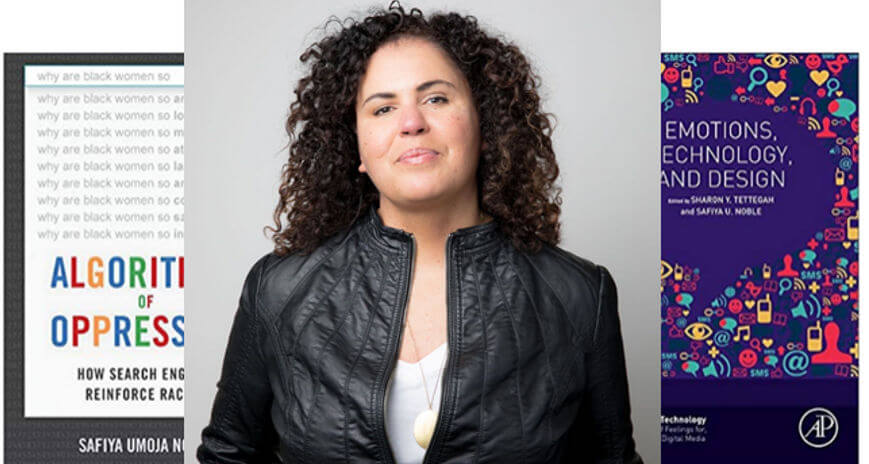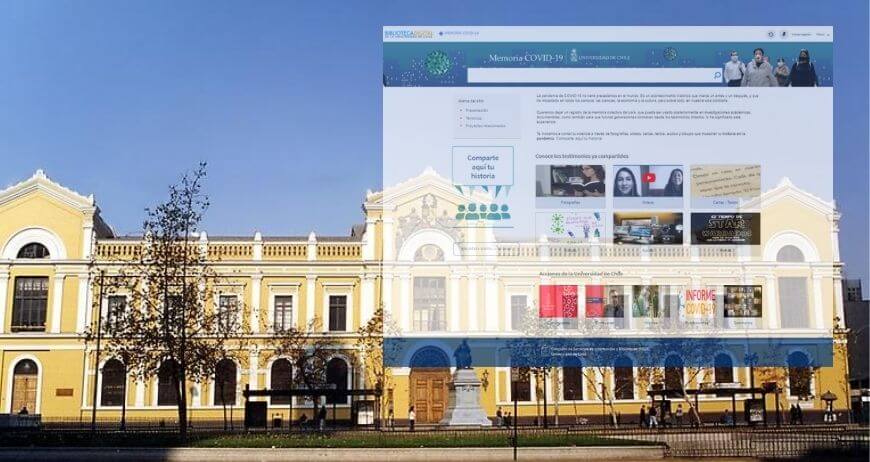Kevin Stehr, Vice President, ProQuest
![]() A sweeping survey of space reclamation
A sweeping survey of space reclamation
- “There are things we could provide to students and faculty if only we had more space available.”
- “We’ve given up some of our areas to other university groups, so space has become a premium item.”
- “Balancing use of space is key – there are many competing needs!”
Those remarks and many more came from 608 librarians spanning academic, school, public and community college libraries surveyed by ProQuest from June to September 2016.
The findings are available in this new whitepaper and were clarified at a “lively lunch” at this year’s Charleston Conference.
A topic on everyone’s mind
“The needs of our users are the main reasons for reclamation projects.”
Given that space issues are a major driver of change in libraries, we asked our survey participants a few pointed questions and got some eye-opening answers:
- Percentage (combined) calling space reclamation “very important” or “important”: 87.5
- Percentage that say space reclamation is a priority or will be in the near future: 82
- Percentage using reclaimed space for collaboration spaces: 83
- Percentage planning to build makerspaces/hackerspaces: 25
And how many libraries are seeing increased funding specifically for more space? Just six percent.
What’s driving this change?
“We hope to rearrange and possibly rebuild much of the library to provide study and consultation room.”
According to our survey, the most popular driving force for space reclamation (at 48 percent) is direct user feedback and request. In a nutshell, people want their library updated and upgraded for today’s collaborative needs.
- But budget also plays into the initiative. Some 23 percent of participants said budget demands – typically spurred by shrinking funding – contributed to a more strategic use of library space, which ties into the concept of doing more with less.
- And others (16 percent) have been inspired by other libraries who are benefitting from space reclamation.
Where’s that space coming from?
“While we are weeding our print collection, it should be noted that there is not a move to get rid of print assuming electronic is the better format. We are being very thoughtful in our process — print is not dead.”
Something’s got to give when recasting library space, and most often that something is print.
- A large majority (65 percent) of the surveyed said that weeding print material and offering titles in electronic format is the key to their efforts.
As for the kind of print being retired, the largest margins go to historical periodicals (81 percent), government documents (60 percent) and historical newspapers (34 percent). That stands to reason – as such documents age, they are at risk for damage and disintegration; at the same time, scholars are increasingly accustomed to finding their historical content digitized online.
- Print books account for some 19 percent of material retired to create more space. But, as a librarian in Montgomery, Alabama, reiterates: “Print is not dead.”
Where is the resistance coming from?
Surprisingly, money wields relatively little influence. Only 25 percent of the surveyed librarians named “budget” as a challenge in space reclamation efforts. More pressing is the lack of “time, staff, plans and other resources” (39 percent).
Notably, 29 percent of respondents listed “resistance to change” from faculty, students and others in the academic community as a roadblock to space reclamation.
As I mentioned in a prior blog post, resistance to change is only natural, but it can be overcome. Everyone goes through 5 stages of change: Awareness, Desire, Knowledge, Action, and Reinforcement. What we often find in space reclamation projects is that typically a universal awareness that space reclamation needs to happen. However, getting everyone on board with the desire to make it a reality is a hurdle many libraries face.
“Pardon our dust”
Even when space is being reallocated, librarians must consider the short-term effect on their communities. Some projects can disrupt workflow for staff and patrons alike.
- One library faced months of dust, diesel fumes, and jackhammers. Once the project ends, said the librarian, “we hope the only issue will be getting used to the new spaces and finding out where everything moved to.”
The definition of space reclamation success
“Students not needing to sit on windowsills – unless it’s by choice!”
For all the dust and disruption, space reclamation remains a key priority in libraries that are committed to change.
Among many surveyed librarians, creating a community of happy, productive users defines a successful initiative. Participants also spoke to defending their new spaces from other academic departments who would want to sublet the library’s upgraded areas for their own use.
Don’t let resistance to change hold progress back
Concerns of the potential impact of lost print books, the impact to faculty and researchers, how the actual space should be used…all are questions posed by library staff. Recognizing this reality, an effective Change Management strategy mirrors your efforts to move forward with space reclamation – and clarifies your role as a library leader to help your team overcome anticipated objections.
At its root, Change Management represents the process, tools, and techniques to manage the people-side of change to achieve a required business outcome. Communications, coaching and training all enter into the process, helping ensure that even those who feared or rejected change initially end up fully understanding what is transpiring in their workplace.
And does it work? As the Change Management experts at Prosci note, “of the 245 research participants who reported having excellent change management effectiveness, 94% met or exceeded project objectives.”
Know more about change
From space reclamation to digital upgrades, ProQuest is dedicated to creating beneficial change for libraries and their researchers – and we back our promise with team members trained and certified in Change Management techniques. Is your library contemplating a transition?
This blog post was originally published on the ProQuest Blog
You might also be interested in

COVID-19
Librarianship
April 28, 2021 |
11 min read
Trends in Physical and Electronic Resource Usage in U.S. Academic Libraries

COVID-19
Librarianship
April 09, 2021 |
5 min read
National Library Week: Recognizing Libraries as a Reliable and Resilient Force

Alma
Librarianship
April 06, 2021 |
6 min read
Centralizing, Optimizing and Cutting Costs
Great library experiences start with software
Download whitepaper

Alma
Librarianship
March 09, 2021 |
7 min read
Finding the Best Integrated Library System for Small and Medium Library Collections and Management

Alma
Librarianship
February 16, 2021 |
6 min read
A Small Library Staff Can Do Much More Than You Think

Alma
Librarianship
November 11, 2020 |
5 min read
The Big Challenges of Small Libraries

Community
Librarianship
October 14, 2020 |
3 min read
Diversity, Equity and Inclusion: Dr. Safiya Umoja Noble Chats with Ex Libris

Alma
Primo
Community
COVID-19
Librarianship
August 13, 2020 |
2 min read
A Unique Approach to Memorializing 
